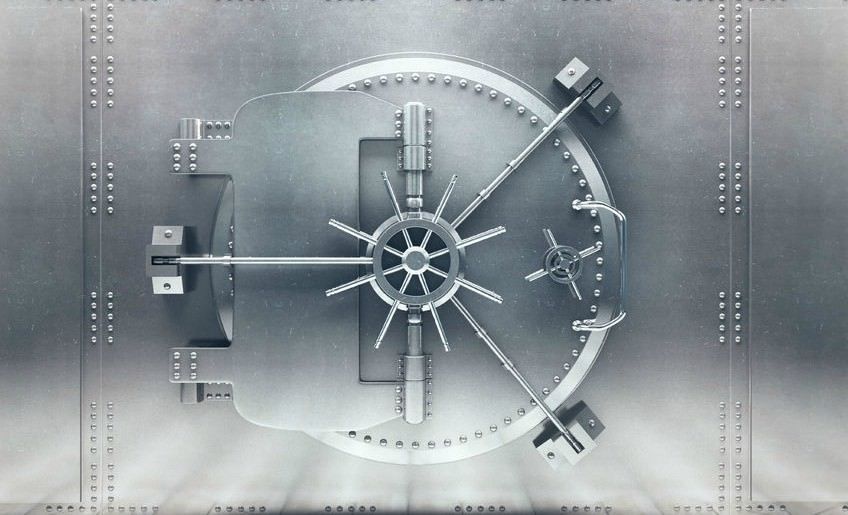U.S. Senate Banking Chair Michael Crapo, an Idaho Republican, laid the foundation for his own version of cannabis banking reform with a potentially onerous THC potency cap when he released a statement saying he doesn’t support the Secure and Fair Enforcement Banking (SAFE) Act as is.
In September, the U.S. House of Representatives approved the SAFE Act, which would pave the way for financial institutions to serve state-legal marijuana businesses without fear of federal reprisal.
Senate approval was expected to prove a higher hurdle, and Crapo’s announcement Wednesday signals banking reform at the federal level will likely take longer than many in the cannabis industry had hoped.
Among other things, the Idaho Republican is considering a 2% THC potency cap on cannabis products for businesses to be eligible for financial services, substantially below current levels of 12% or more typically seen on retail shelves in state-legal markets.
Crapo’s statement, which also detailed his concerns about marijuana marketing tactics to youth, money laundering and interstate commerce, were consistent with concerns he’s expressed before, but came in a more formal request for public input.
“Chairman Crapo’s approach hasn’t changed,” David Mangone, a cannabis lobbyist with The Liaison Group in Washington DC, wrote in an email to Marijuana Business Daily. The Liaison Group does lobbying for the National Cannabis Roundtable.
“The concerns he outlined in his memo are ones he has been saying publicly since the passage of SAFE Banking in the House.”
But Mangone wrote that the statement implies that Crapo will engage in a “deliberative process on how to address these concerns before releasing a bill of his own.”
A second seasoned cannabis lobbyist, who requested anonymity, said that while Crapo’s concerns are understandable for a policymaker, they far exceed the parameters of this particular bill.
Crapo’s proposed potency cap, for example, is “unworkable and unrealistic,” the lobbyist said.
State-legal cannabis businesses have long grappled with the challenge of gaining access to traditional financial services and products. That’s hindered their potential growth and day-to-day operations and created a significant public safety risk in what is now a multibillion-dollar-a-year marijuana industry that mostly has to operate on a cash-only basis.
Industry officials were already pushing back on Crapo’s statement.
Crapo’s announcement outlined other possible changes to SAFE including:
- Preventing banking for companies that produce edibles and high-potency THC vape products.
- Better ensuring that interstate commerce of cannabis wouldn’t occur.
- Stricter procedures to ensure cannabis-related funds aren’t used for illicit activities.
The Washington DC-based Cannabis Trade Federation said in a tweet that it had “some significant concerns about some of the provisions.”
The American Bankers Association also expressed concerns and, in a statement, reiterated its support for the SAFE Banking Act.
The office of Rep. Ed Perlmutter, a Colorado Democrat who introduced SAFE, said in a statement that it planned to work with Crapo to try to resolve the differences.
In his memo, Crapo reiterated that he opposes legalizing marijuana on the federal level as well as in Idaho.
“Significant concerns remain that the SAFE Banking Act does not address the high-level potency of marijuana, marketing tactics to children, lack of research on marijuana’s effects and the need to prevent bad actors and cartels from using the banks to disguise ill-gotten cash to launder money into the financial system,” Crapo said.
Taking into account he opposes marijuana legalization, Crapo took the somewhat remarkable step to conduct a committee hearing in July on cannabis banking reform.
He signaled at the hearing that the case was made “pretty strongly” about the need to get the banking industry issues related to state-legal cannabis programs resolved.
But even at that hearing, Crapo expressed concerns the SAFE Banking Act didn’t adequately address legacy cash and money laundering as well as public health.
He has expressed additional concerns since then, in part spurred by the vaping crisis.
Jeff Smith can be reached at jeffs@mjbizdaily.com





